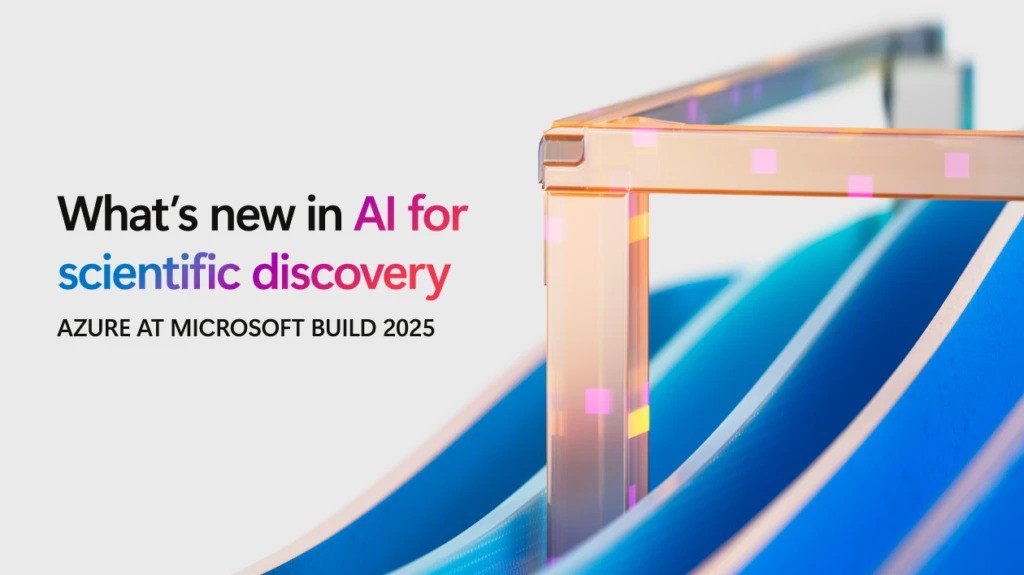Microsoft bets big on its new Discovery AI to solve science’s hardest problems

Microsoft unveiled Microsoft Discovery on Monday at its Build 2025 conference, a platform leveraging agentic AI to accelerate the scientific discovery process. The company claims the platform is “extensible” and capable of handling certain science-related tasks end-to-end.
According to Microsoft, Microsoft Discovery is an enterprise agentic platform designed to transform the discovery process using agentic AI. This involves several stages, including scientific knowledge reasoning, hypothesis formulation, candidate generation, and simulation and analysis. The platform enables scientists and researchers to collaborate with specialized AI agents to drive scientific outcomes with speed, scale, and accuracy.
Microsoft is not alone in its optimism about AI’s potential in scientific research. Earlier this year, Google introduced an “AI co-scientist” that can assist with hypothesis creation and research planning. Other companies, such as Anthropic, OpenAI, FutureHouse, and Lila Sciences, have also expressed confidence in AI’s ability to accelerate scientific discovery, particularly in medicine.
However, many researchers remain skeptical about AI’s current usefulness in guiding the scientific process, largely due to its unreliability. One of the challenges in developing an “AI scientist” is anticipating numerous confounding factors. While AI may be helpful in areas requiring broad exploration, such as narrowing down a vast list of possibilities, its ability to perform out-of-the-box problem-solving leading to breakthroughs is less clear.
Past results from AI systems designed for science have been underwhelming. In 2023, Google reported that around 40 new materials were synthesized with the help of its AI, GNoME. However, an outside analysis found that none of those materials were actually new. Several companies using AI for drug discovery, including Exscientia and BenevolentAI, have experienced high-profile clinical trial failures.
Microsoft hopes its effort will fare better than previous attempts. The company’s initiative aims to capitalize on the latest innovations in AI and supercomputing to accelerate research and discovery.
